Graham Reid | | 5 min read
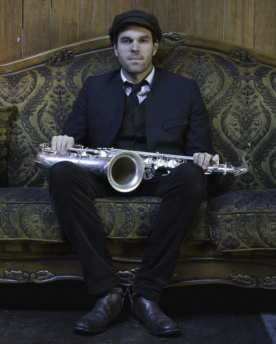
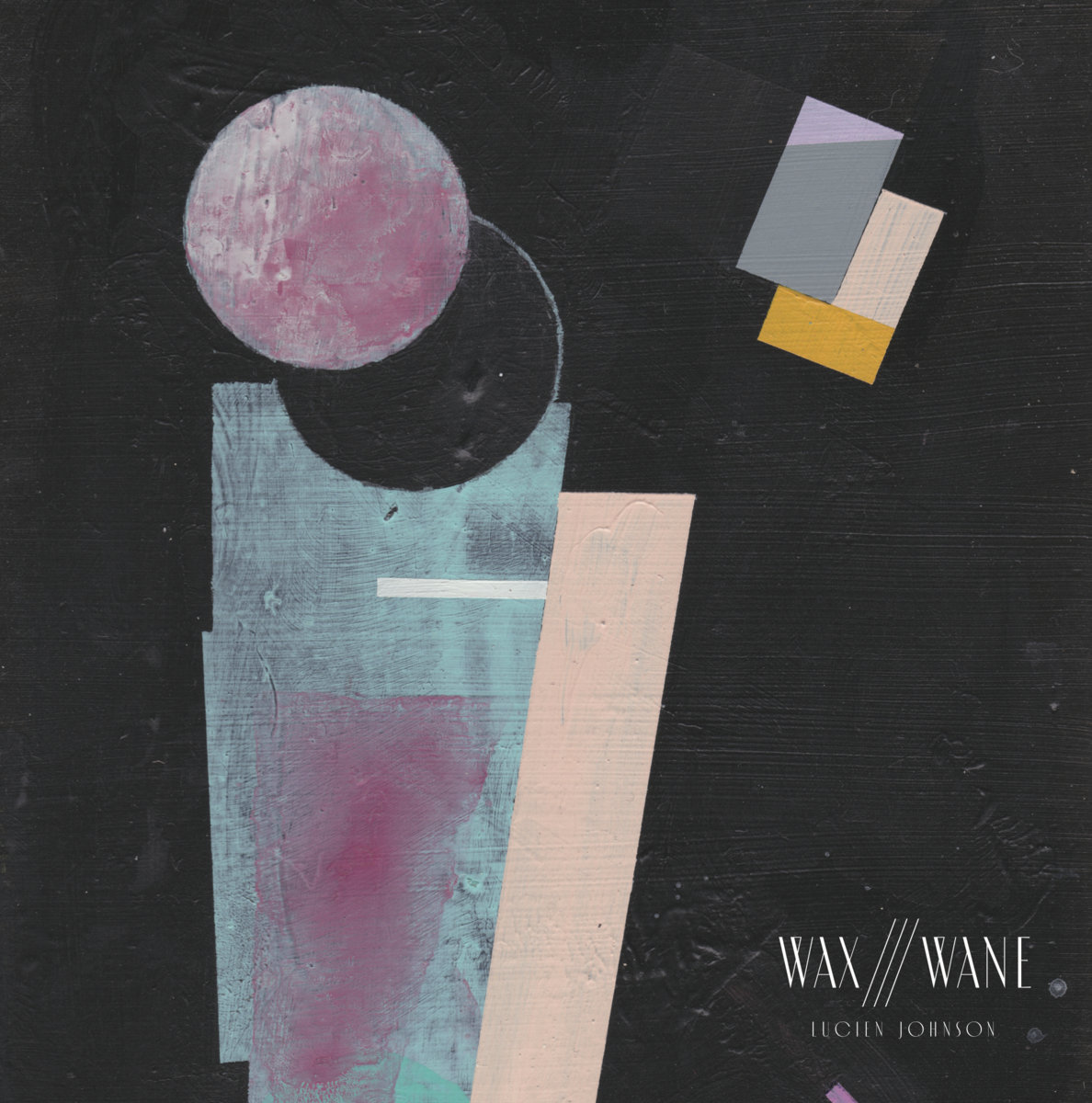 When Wellington saxophonist Lucien Johnson released his album Wax///Wane three years ago it became an immediate Elsewhere favourite.
When Wellington saxophonist Lucien Johnson released his album Wax///Wane three years ago it became an immediate Elsewhere favourite.
At year's end it was in our Best of the Year list and also that of the Listener (which admittedly was a list chosen by us).
What drew us to it was how different it was from most New Zealand jazz releases.
In part we said, “The spirits of John and Alice Coltrane, Sun Ra and Charles Earland benignly watch over this (approvingly we would also guess) and pieces like the almost abstract evocation of Dawn are sublimely seductive.
“The presence of vibes and harp adds a layer of delicate weightlessness which elevates many of these pieces, appropriately pulling them up into more ethereal air.”
It was, and is, a beautiful album and the piece Blue Rain won an APRA composition award.
Blue Rain
Now Johnson has released a follow-up, Ancient Relics, which works in similar territory but in places goes deeper into a spiritual and meditative feel with tambura-like drone, stately bass, piano and Natalia Lagi'itaua Mann's trickling harp on the thoughtful opening title track.
It's a slightly different band from Wax///Wane – bassist Tom Callwood and drummer/vibist Cory Champion are back, the superb pianist Jonathan Crayford is in, Julien Dyne appears on percussion – but the reach is greater.
Every piece is distinct and distinctive, but among the extraordinary tracks is Satellites where the rhythm section and Johnson set up a swinging Coltrane mood, Crayford takes over for a swirling solo before Johnson returns, progressively moving into abrupt, assertive and spell-binding hard bop to end the album on a cathartic note.
Satellites
Ancient Relics - which has already picked up four and five star reviews in the British music press -- is an album that commands attention the whole way while reaching for the beyond.
Lucien Johnson has been interviewed at Elsewhere previously but we invited him to answer some specific questions about this highly recommended album. He obliged.
.
Although there are similarities in ethos between Wax///Wane and Ancient Relics, there are significant differences, not the least working with different players. How did you conceive Ancient Relics as being a distinct piece of work, but also exploring not dissimilar territories?
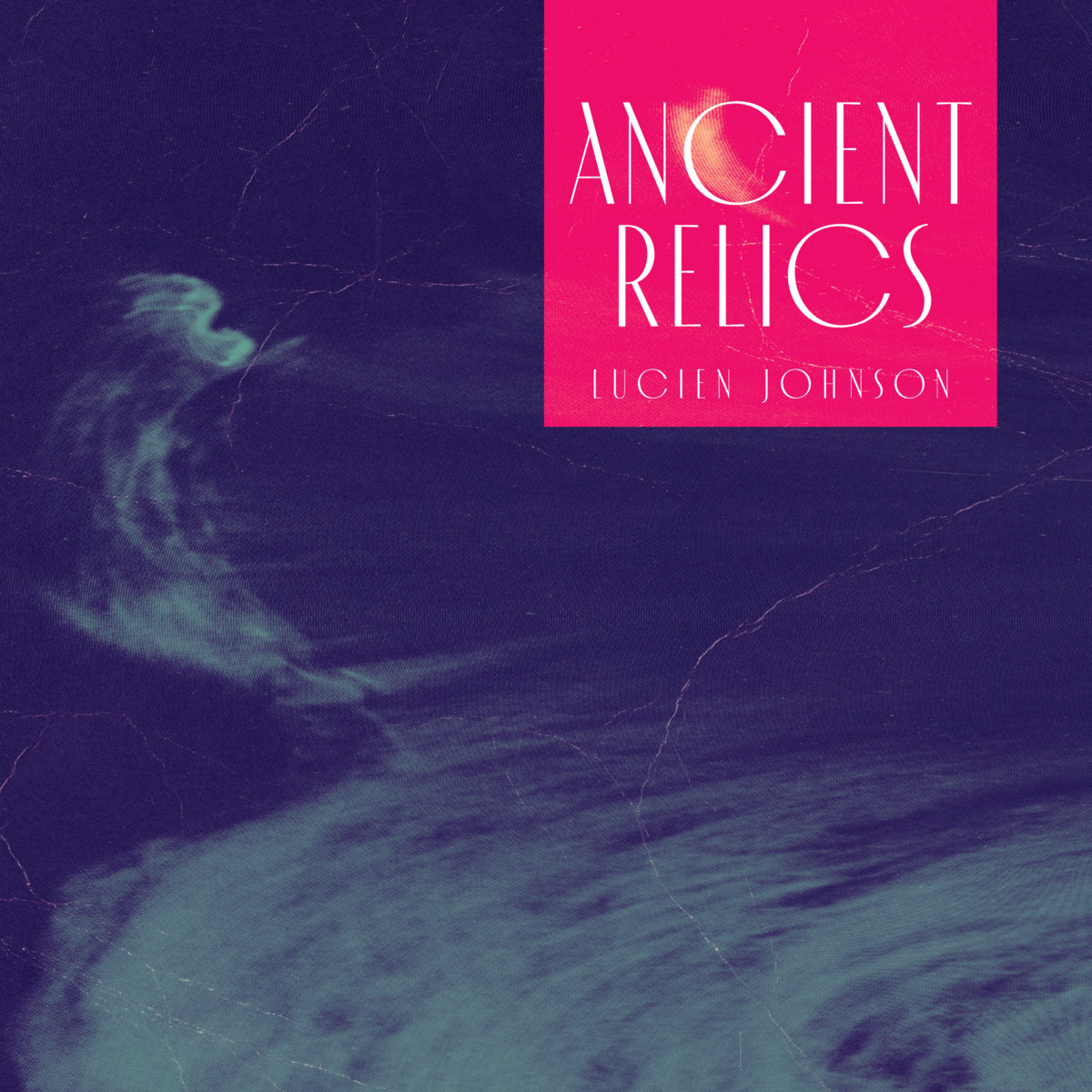 Often I’m dealing with what comes out, in a composing sense, rather than conceptualising something from the beginning. The big difference for me was that the core of the group, myself, Jonathan, Tom and Cory had done a lot of gigs with the music in the last couple of years. It meant that the music was more mature.
Often I’m dealing with what comes out, in a composing sense, rather than conceptualising something from the beginning. The big difference for me was that the core of the group, myself, Jonathan, Tom and Cory had done a lot of gigs with the music in the last couple of years. It meant that the music was more mature.
Wax///Wane was written in a brief period of time so it felt more like a suite, whereas this was more writing music for the band to play.
I spent time earlier in my career trying to write music that was more complex and convoluted and it was always a drag to try to get people to rehearse a lot.
Now I write music in which the focus is on making the performers shine.
They have to sound good and feel good playing it – and it’s simple enough and logical enough to rehearse up at a soundcheck if needs be.
So I guess what I’m saying is, it’s a pragmatic approach.
Were you aware when you started down this path that what you were doing was significantly different from the familiar bop and post-bop which has been most common in New Zealand jazz?
A comment I hear from a lot of listeners is “I don’t actually like jazz, but I really like this!”. I completely relate.
I think about the audience a lot when I’m making albums or imagining concerts and I don’t think that’s a bad thing. It comes down to taking one’s ego out of it and thinking, what can I offer people, in the hope of making their lives just a little bit more beautiful?
For me there’s a lot of noise out there, a lot of angry rhetoric we have to filter out, so much suffering and sadness that we bear witness to in the media, and so what I believe is needed from music is a kind of balm for that.
I try to allow space for the listener to dream.
In this context, the qualities that mainstream jazz seems to value so much, infinite virtuosity, exponential complexity, seem to me to reflect a very insular dialogue, as well as a fragile sense of masculinity, which is out of step with what our culture and our audiences need from us.
You don't lose sight of swing however, in Satellites for example.
Time, no time; swing, no swing; it doesn’t really matter - music just has to dance!
Harp? What was sonic quality of harp which drew you to it to add to your sound.
My mother plays the harp so it’s always been in my life.
I think every musical project needs a secret sound, a sound that gives the music its character. In this project it’s the harp.
I’ve been blessed with working with two very fine harpists, Michelle Velvin and Natalia Mann on these projects. I don’t record the harp with the rest of the band, for a few different reasons, I put it on last.
But it’s always the thing that elevates the music. It takes it out of monochrome and into colour.
Both the title track and Space Junk are driven from the bottom, that profound pulse of the bass of Tom Callwood as an anchor. Discuss!
Tom is perhaps my oldest friend – we were at primary school together. So playing music with him is always familiar but also very special.
If there’s a particular bass line then it’s probably something I’ve written, such as the two tracks you mention. But Tom’s a bass player who’s capable of intuitively moving away from it in a very musical way and then coming back to it if he’s feeling it.
Jonathan Crayford brings some real magic. I'm guessing he's someone who needs little or no direction when you introduce your ideas.
Again I’ve known Jonathan a long time. We’ve been playing together for about 25 years now.
All musicians who know Jonathan regard him with a deep sense of respect for his immense craft. When you’ve got someone that good in your band, you have to work hard to challenge him, to keep him intellectually stimulated, so I try hard to do that.
The album has had excellent reviews internationally. Do they tempt you to take this group beyond these shores where there would be a larger and maybe even more receptive audience?
It’s definitely a thought, although I’d probably have to go and find other musicians over there to play with rather than try and up-end everyone from here.
It’s been great to see how the music has been received, especially in the UK. There’s an appetite for it which is truly heartening and makes me excited about doing more.
.
You can hear and buy Wax///Wane and Ancient Relics (and other music) by Lucien Johnson at bandcamp here

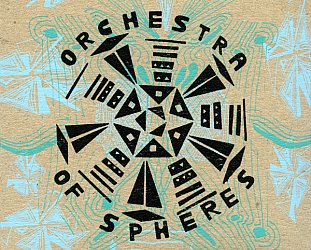
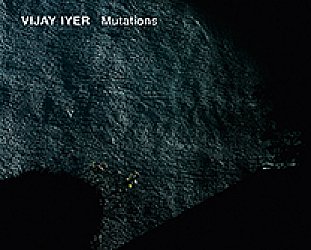
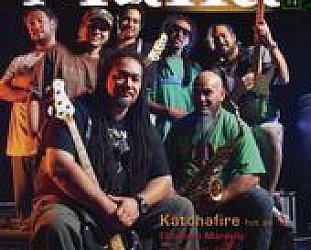
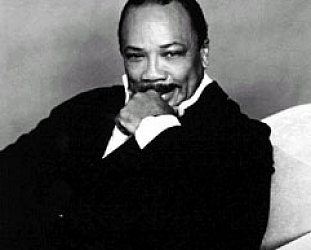
post a comment